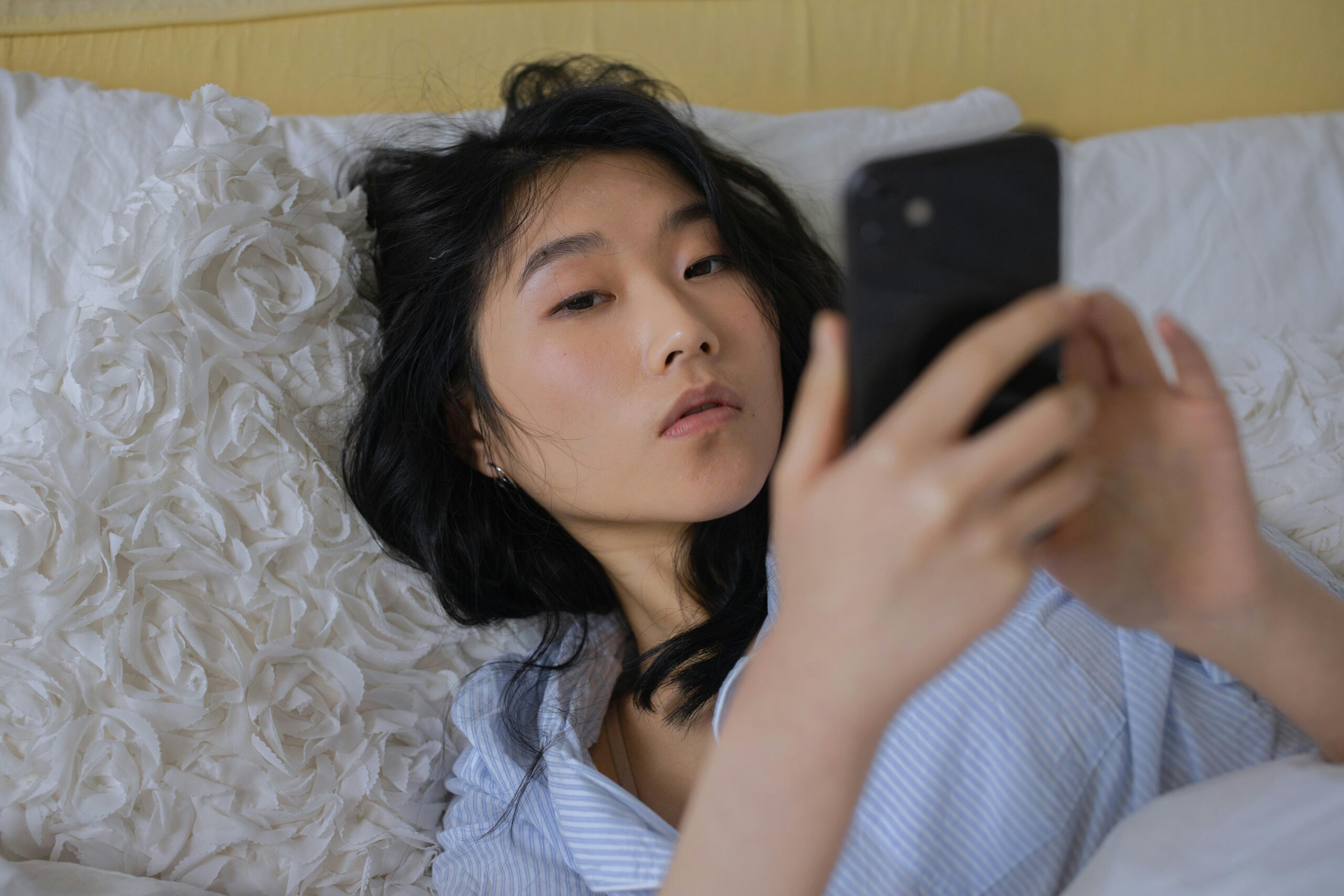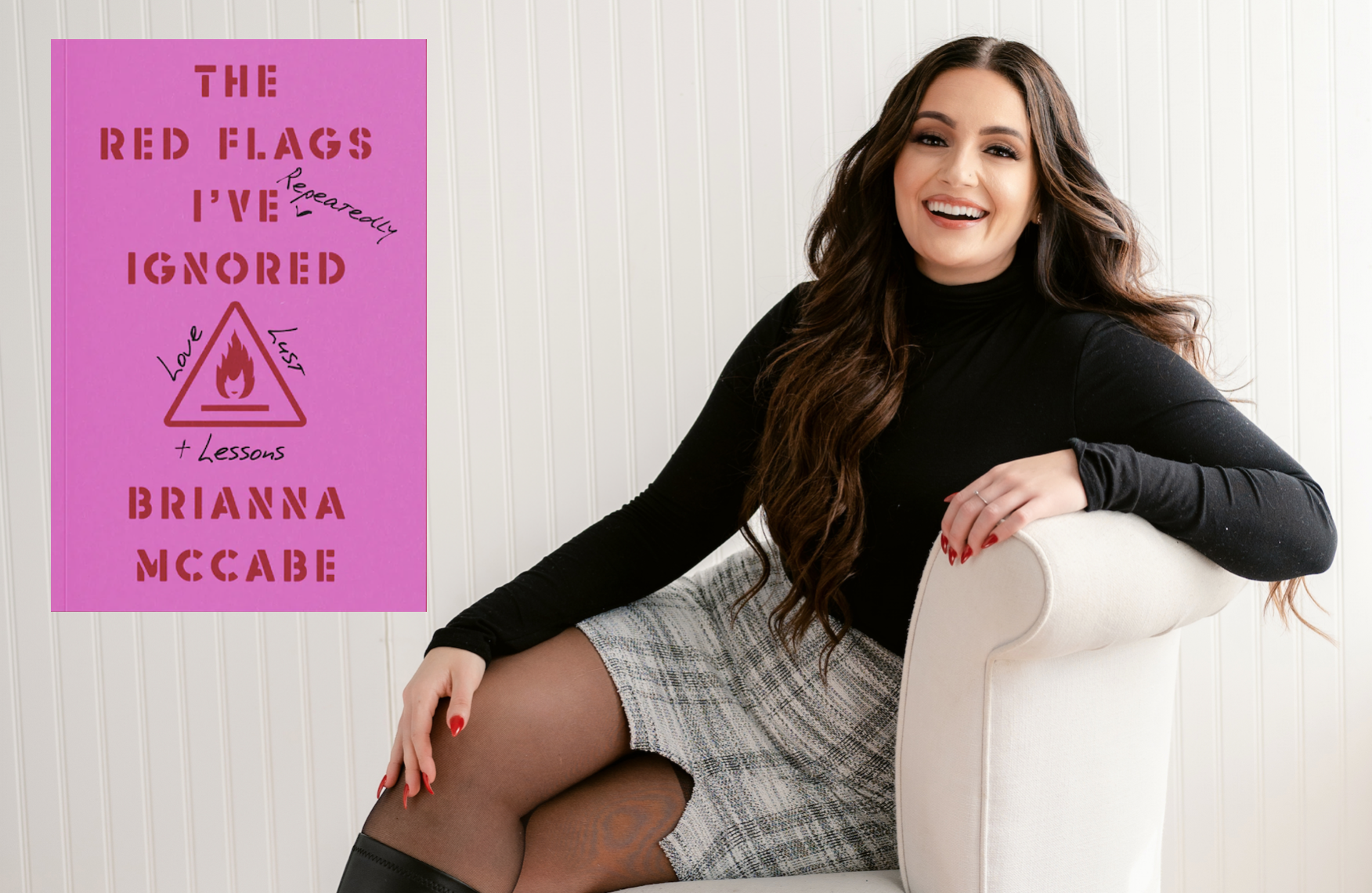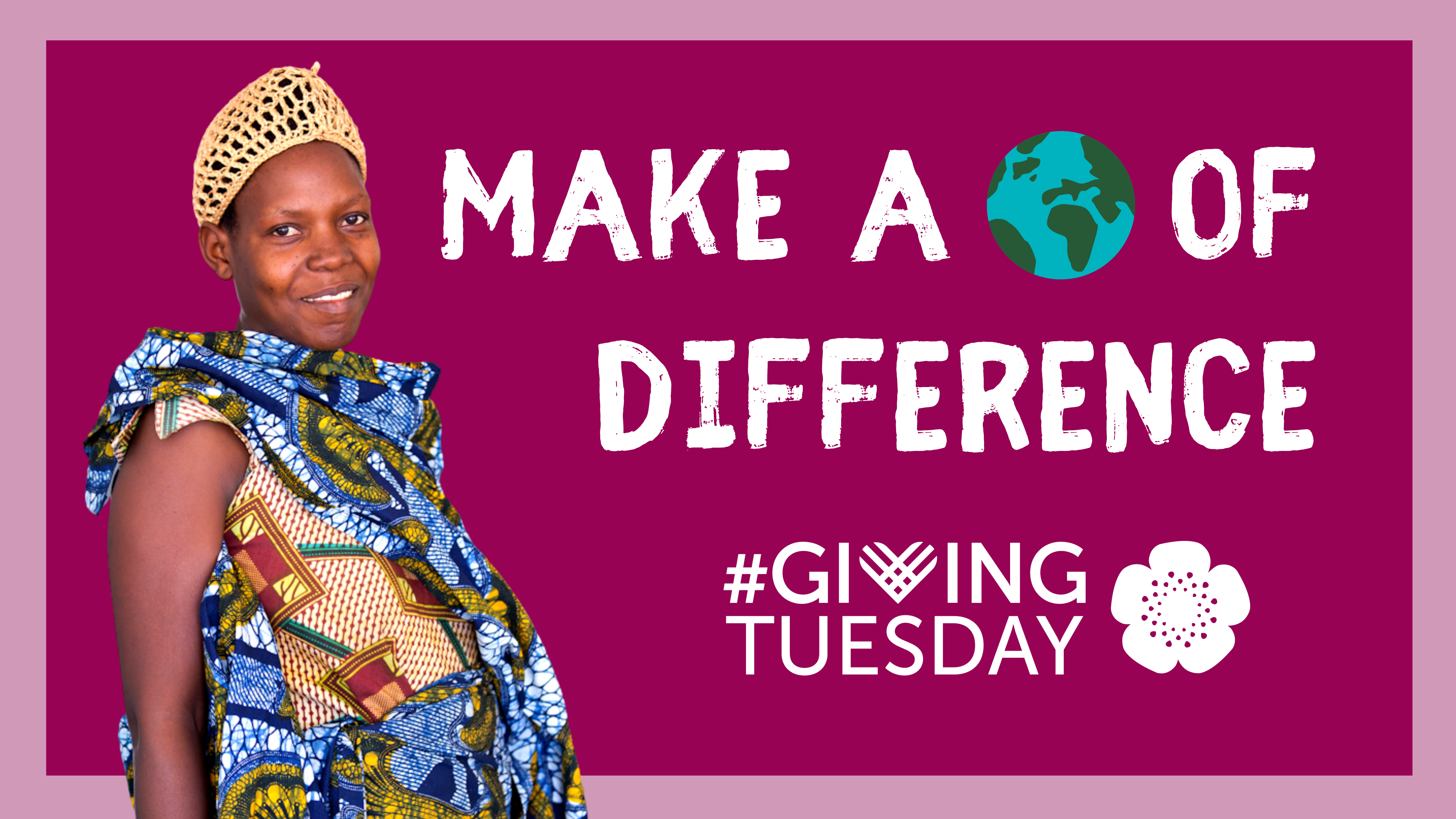
Shark Week. THAT time of the month. Aunt Flo. Got the painters in. On the rag. Take your pic of euphemisms, but you all know what we’re referring to – menstruation. Around the world, there are a plethora of euphemisms being used in place of medically accurate terminology, adding to the ongoing stigma around periods.
Well Swedish menstrual hygiene brand INTIMINA have had enough, and are calling them out, in a bid to empower people to use the word period, breaking down the cultural taboos that still exist. INTIMINA believes these euphemisms are offensive, harmful and problematic, and in a press release they state that globally there are over 5,000 period euphemisms!
In their new campaign video, they’ve gathered together an unlikely group of real life human euphemisms from across the world – a painter-decorator, a strawberry farmer, a shark scientist, an aunt named Flo, a lingonberry jam producer, a surfer and a military historian – to urge people to use the word “period” and end the harmful taboos around menstruation discussions.
While they may seem harmless, using euphemisms to describe menstruation discourages open conversation and perpetuates the stigma and taboo surrounding periods. Many of the euphemisms used around the world have negative connotations that associate menstruation with shame, leaving generations of women feeling like they need to hide their periods and avoid discussing their menstrual health.
The unusual ensemble of embodied euphemisms, and the slang they symbolize, are as follows:
- Justin Bowen, a British painter-decorator, is “Got the painters in” (popular in the UK)
- Florence Deniau, an American aunt, is “Aunt Flo is in town” euphemism (popular in the USA)
- Liv Palmblad, a Swedish lingonberry jam producer, is “Lingonberry week” (popular in Sweden)
- Nate Sutton, an Australian surfer, is “Surfing the crimson wave” (popular in English-speaking countries)
- Iris Pupella-Noguès a French historian, is “The English have landed” euphemism (popular in France and a reference to the Battle of Waterloo and the colour of British military uniforms)
- Sophumelela Qoma and Nico Booyens, South African shark scientists, are “Shark week” (popular in English-speaking countries)
- Alessandro Sesini, an Italian collector with a passion for fine wines, is “I have my things” (popular in Italy)
- Phil Boddington, a strawberry farmer, is “Strawberry week” (popular in Germany)
The film ends with a powerful call to arms, as INTIMINA’s cast urges all other human period euphemisms as well as the entire global population to call time on damaging slang terms and instead call a period a period.

One of the people featured in the campaign was not just there to represent a euphemism either, as he shared his personal thoughts and experiences with having to navigate menstrual taboos in his own life.
“In my industry, people don’t talk about periods,” said British painter Justin Bowen.
“It wasn’t until my partner passed away and I was left caring for a young daughter that I realized the importance of open conversation around menstruation. Now, as a husband and father, I feel a responsibility to help break down the stigma.”
While this video is a lighthearted and even funny way of bringing people into the conversation about periods, Gynecologist Dr. Unsworth expanded on why the need to break down harmful stigma is urgent.
“Using euphemisms to describe periods perpetuates the longstanding stigma around menstruation, and many euphemisms have very negative connotations stemming from patriarchal ideology that associates menstruation with shame,” she said in a press release.
“Continued use of such euphemisms results in new generations of women feeling unable to talk openly about their periods, which can often cause delays in them seeking help when they are having difficulties. There should be no shame in using the term ‘menstruation’ or ‘period’, as over 50% of the population will experience them, and the remaining 50% would not be here without them!”
INTIMINA created the End Period Euphemisms video as part of its ongoing Seen + Heard period positivity campaign. Seen + Heard aims to increase the visibility of menstrual wellbeing across the world, normalize conversations about menstrual health, tackle stigma and bias and raise awareness of intimate health conditions. You can learn more about the campaign and the brand by clicking HERE.
















